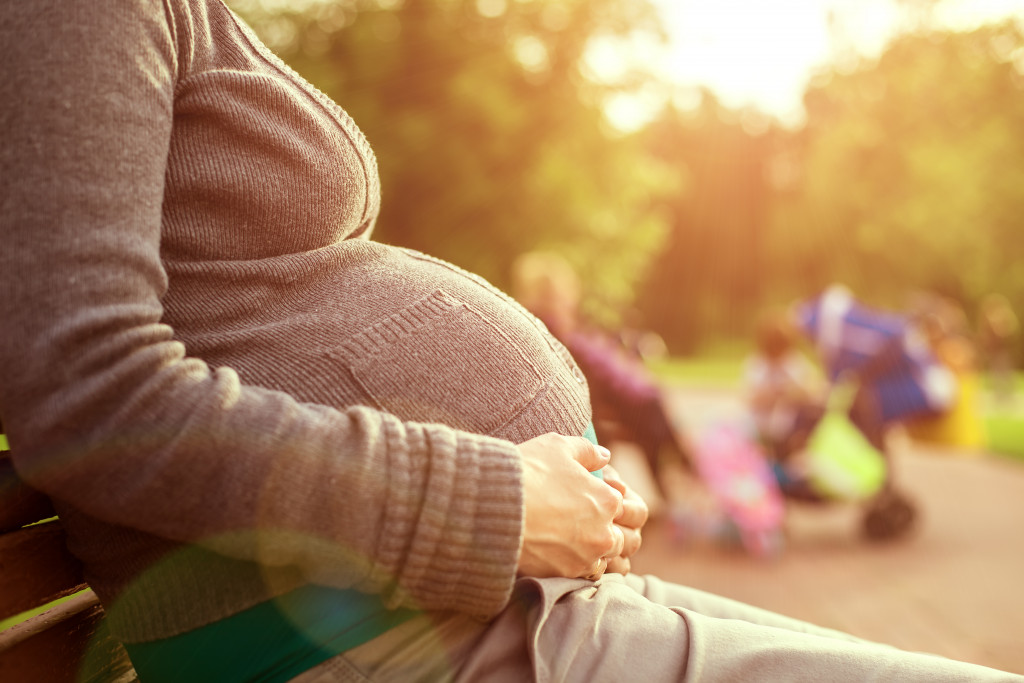The vaccines you get before and during your gestation period play a crucial role in protecting your health and your unborn child. After all, a mother’s immunity is also the baby’s first line of defense against severe illnesses.
For your safety, here are the different types of vaccines pregnant women should get:
COVID-19 Vaccine
The CDC announced that it’s ideal for pregnant women to get the necessary COVID-19 vaccines. Data showed that vaccines from certain manufacturers, such as Pfizer and Moderna, were proven safe for women and their unborn children. Overall, the guidance indicated that “no obvious safety signals” were found in pregnant women.
Measles, Mumps, and Rubella (MMR) Vaccine
Measles is a contagious disease that can make pregnant women more susceptible to other diseases while experiencing high fevers and itchy rashes. Meanwhile, mumps can increase the risks of expecting women getting a miscarriage or premature labor, which can be dangerous for both the soon-to-be-mother and the unborn child.
Finally, the rubella virus can be harmful during pregnancy as around 85% of babies develop severe congenital disabilities. That’s why getting the measles, mumps, and rubella (MMR) vaccine is ideal, and it’s made to ensure it’s safe for expecting women.
Varicella Vaccine
The varicella virus or chickenpox is a contagious disease causing fever and uncomfortable, itchy rashes. Around 2% of babies delivered while their mother had chickenpox had congenital disabilities, such as malformed and paralyzed limbs. Additionally, a woman who gets chickenpox around the time of delivery can also result in fetal death. The varicella vaccine is proven to be safe for pregnant women.
Flu Vaccine
Getting a flu shot every year, especially during flu season, is crucial since it can be a severe disease, and contracting this medical condition while pregnant increases your risk of preterm labor and preterm birth. That’s why it’s best to get vaccinated for the flu when you’re expecting. Luckily, the flu shot is safe to receive while you’re expecting. There are different types of flu viruses, and they’re continually changing — that’s why it’s best to get a new shot every year.

HPV Vaccine
The human papillomavirus is a common sexually transmitted infection in the United States, and you can get it from having unprotected sex or intimate physical contact with an infected person. It can cause genital warts and cervical cancer, which can affect you and your baby. However, you can’t get the HPV vaccine during the gestation period, so it’s best to get it before you get pregnant.
Tetanus, Diphtheria, and Pertussis Shot (TDAP) Vaccine
The bacterium causing tetanus or lockjaw can enter the bloodstream through a small cut, and it can often be found in soil and animal waste. So, if you’ve got a deep, dirty wound during your pregnancy, seek a doctor immediately to get vaccinated since tetanus can cause fetal death. Pertussis is a contagious bacterial disease that can result in infant death, often characterized by a high-pitched “whoop” sound.
Finally, Diptheria is a respiratory infection that can lead to breathing issues, paralysis, coma, and eventual death. This disease can be fatal to both an expecting mother and her unborn child. It’s wise to get a vaccine for all these diseases as they can be fatal to both you and your unborn child. This vaccine can be given at any point during the gestation period, but the suggested time frame is between 27 and 36 weeks. The TDAP vaccine is made from toxoids, meaning it’s safe to get while expecting.
Pneumococcal Vaccine
If you have a chronic medical condition, like type 2 diabetes or kidney issues, your gynecologist may recommend getting a pneumococcal vaccine. It can protect you against different forms of pneumonia. The potential harm of this vaccine to unborn babies is unknown, but most experts believe that the risk is relatively low.
Hepatitis A Vaccine
This vaccine can help you against a liver disease that typically spreads through contaminated food and water. Although this isn’t a “serious” disease compared to hepatitis B and won’t affect your unborn baby, it can affect you — contributing to premature labor and possible infection. The hepatitis A vaccine is produced using dead viruses, meaning the risks are likely low for pregnant women, making it a safe vaccination to get during your gestation period.
If you’re traveling to a “developing” nation or work in an environment where the disease is prominent, discuss getting a hepatitis A vaccination with your doctor.
If you’re considering getting vaccinated during your pregnancy, make sure to ask your provider to see which ones would benefit you and your unborn child the most — ensuring a safe and healthy pregnancy.

